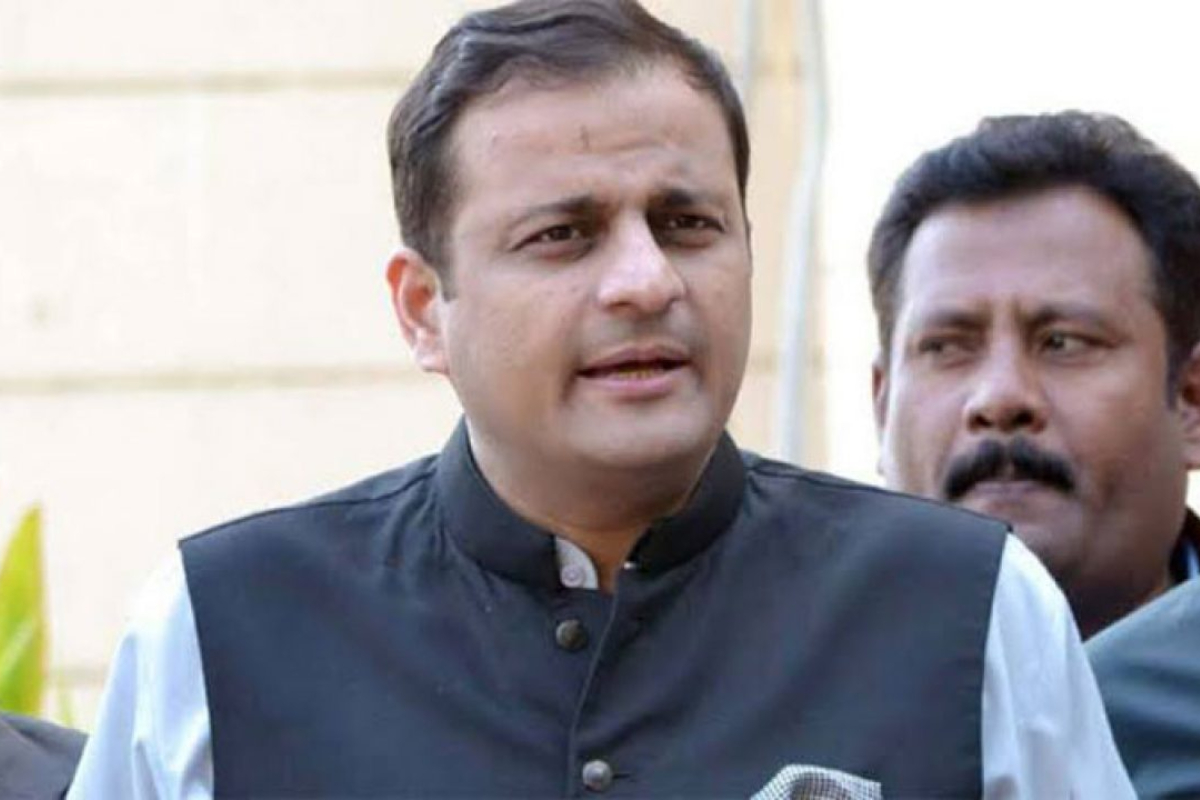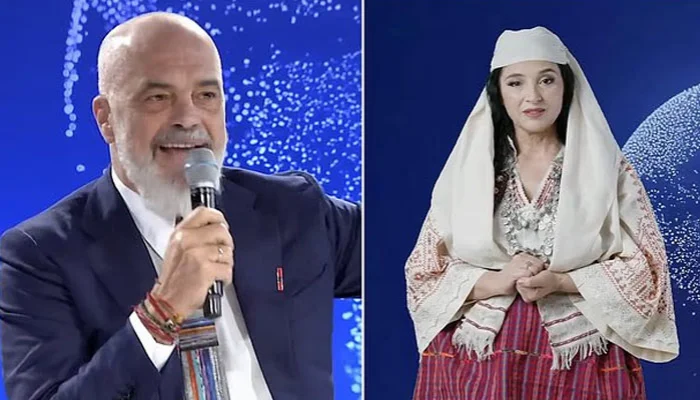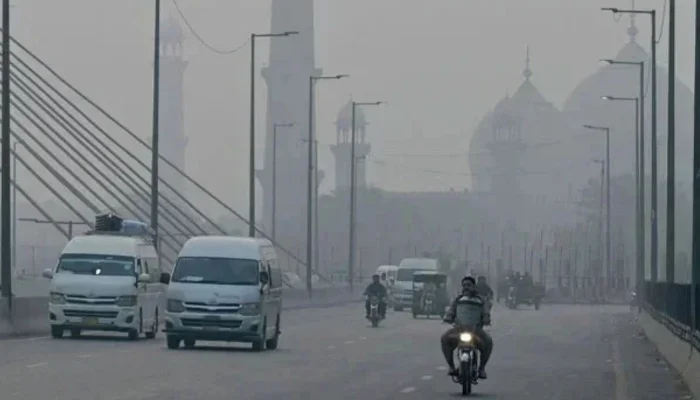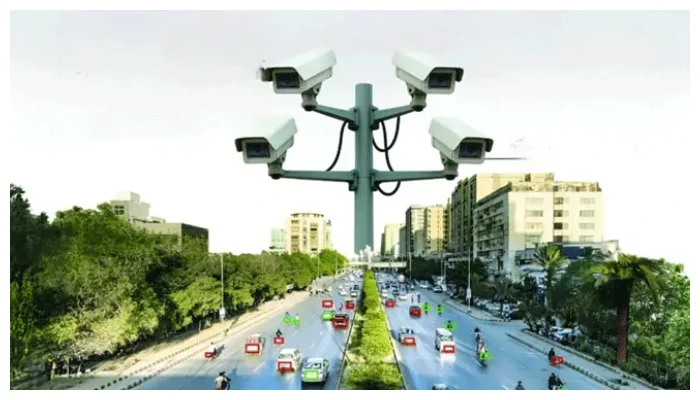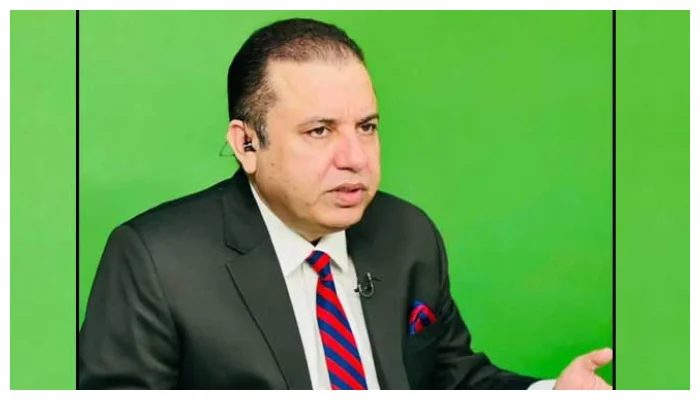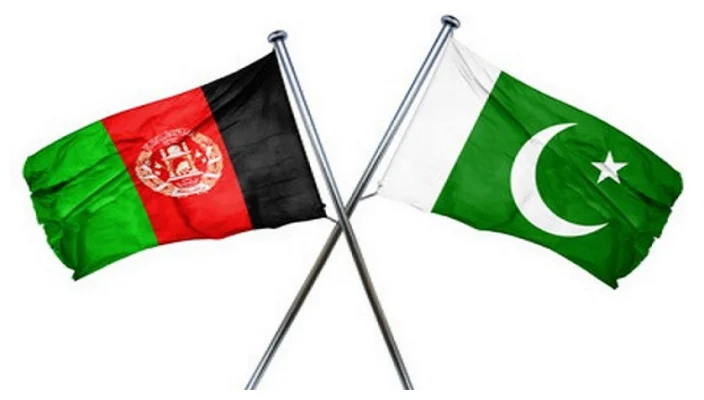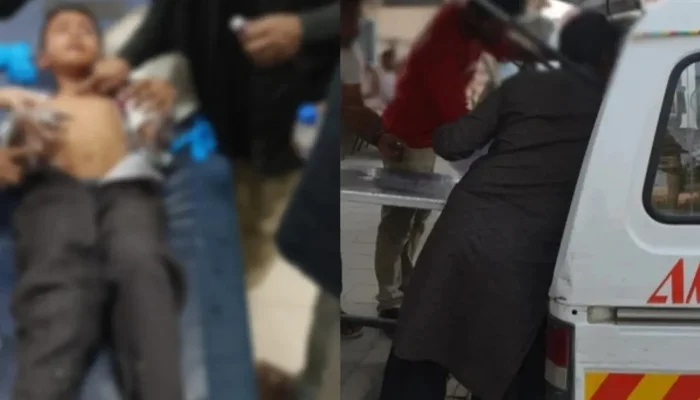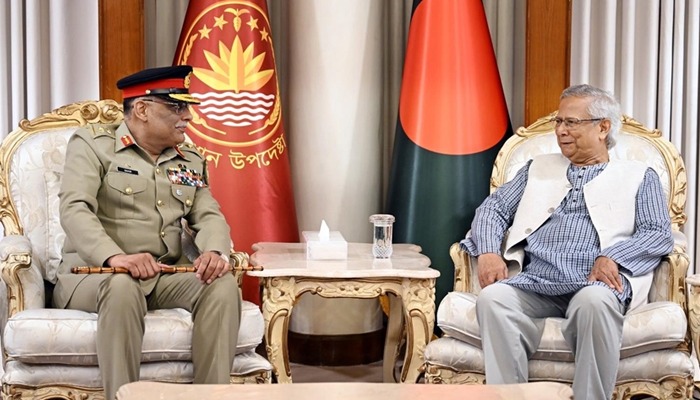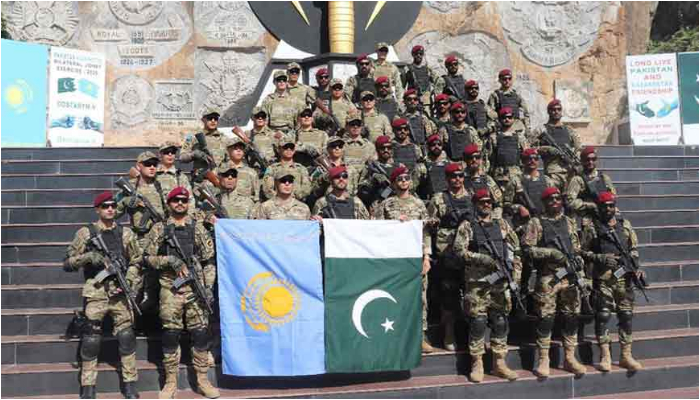- SHC temporarily barred the Karachi Metropolitan Corporation (KMC) from collecting municipal taxes through power bills on Monday
- The directive came during the hearing of a petition submitted by Jamat-e-Islami leader Hafiz Naeem ur Rehman
KARACHI: Sindh High Court (SHC) temporarily barred the Karachi Metropolitan Corporation (KMC) from collecting municipal taxes through power bills on Monday.
The court stated that tax collection will be resumed once the local administration resolves the issue.
The directive came during the hearing of a petition submitted by Jamat-e-Islami leader Hafiz Naeem ur Rehman on September 23 against KMC’s tax collection on K-Electric bills.
The provincial government directed the electricity utility to collect municipal utility costs and taxes in April under the Sindh Local Government Act 2021. (MUTC).
According to an agreement inked between the KMC and K-Electric (KE), the former hopes to earn an estimated Rs3 billion per year by collecting MUCT via KE’s power bills.
According to the agreement, the power utility would take 7% of the total as collection charges, amounting to Rs300 million.
According to a KMC spokesman, the KE will collect the tax from the city’s 24 million units.
During today’s hearing, Karachi Administrator Murtaza Wahab informed the court that KMC taxes vary from Rs50 to Rs200, seeking that the court does not limit tax collection for the time being. He told the judge that he will submit all of the details at the next session.
“Taxes up to Rs5,000 have been waived and lowered to Rs200. The court then ordered Wahab to seek restitution from third parties. Make the recoveries in whichever way you wish, but not through KE,” he said.
The court also ordered KE not to disconnect electricity connections of customers who cannot pay their taxes.
“Previously, the taxes went to someone else’s wallets, but now KMC will get them,” Wahab claimed.
When asked what services the municipal administration would provide in exchange for taxes, Wahab stated that the revenues would be utilized to build roads, underpasses, and bridges.
“Will you perform all of your work with other people’s money?” the court asked.
“The Centre is giving the province a large sum of money. Karachi receives money such as alms (bheek), ” Justice Hassan Azhar Rizvi said.
Wahab then stated that the KMC is in charge of 209 roads. “What is the Sindh government doing if you are performing all of the work?” the court inquired.
He questioned why people are subjected to “double costs” when they already pay property and motor vehicle taxes.
“Applying municipal costs through KE is not appropriate,” the court said, prohibiting KMC from collecting municipal taxes with electricity bills until the next hearing.

